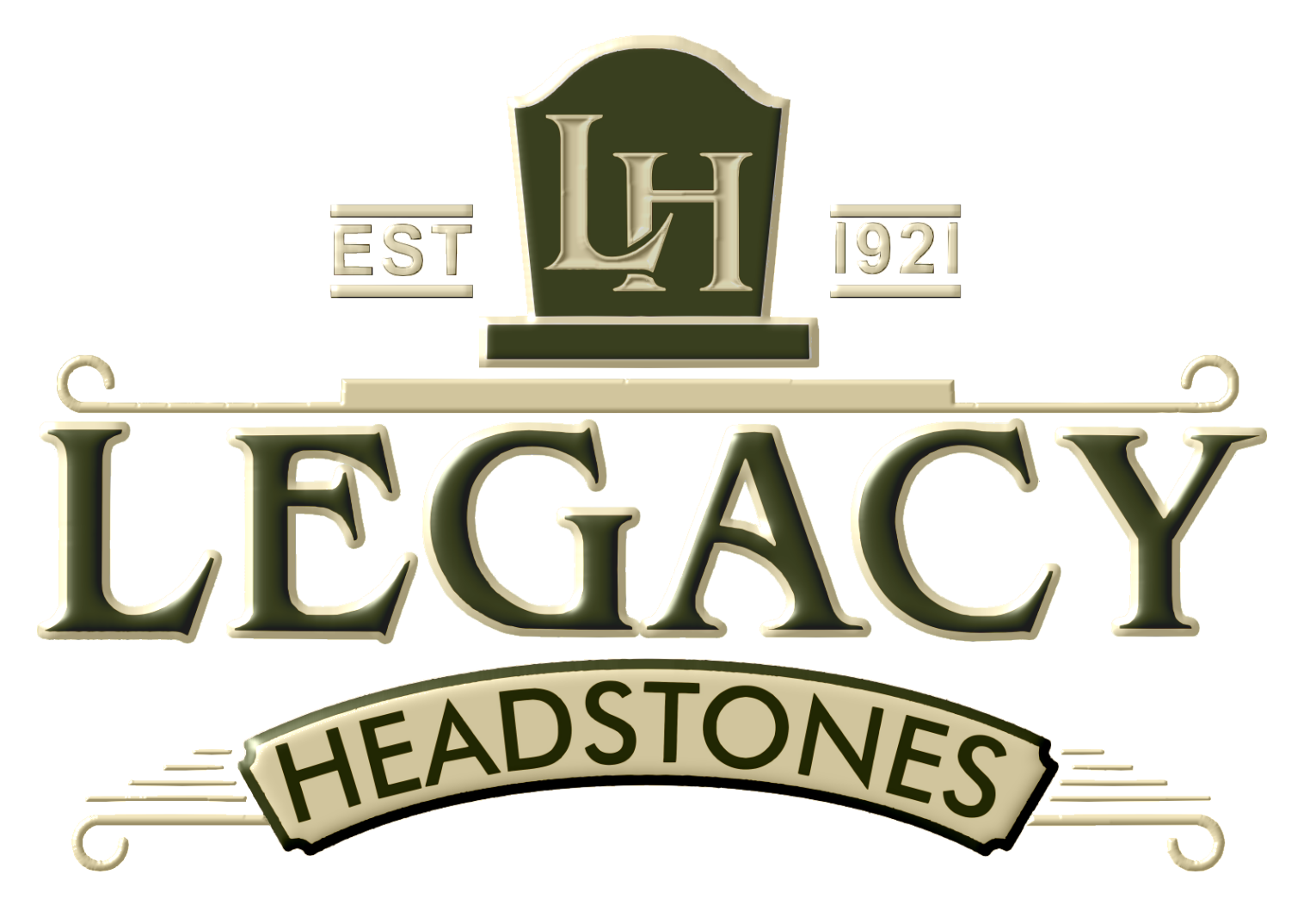Cemeteries have an essential role in teaching local heritage and linking communities to the historical reality of the world around them and the influence of the past on the present. Through heritage, we can discover our uniqueness and common ground, which promotes social cohesion and understanding of unity.
What is Heritage?
Defining what exactly heritage is can be challenging to summarize in just one way, as the field of study around heritage continues and can be used in many different contexts. Most people understand the concept of heritage in one of two ways: heritage is linked to tangible sites or artifacts of historical interest that have been preserved, or heritage is associated with a set of inherited shared values and collective memories expressed in languages and cultural arts, activities, and performances.
The Important Role of Cemeteries in Local History and Heritage
Cemeteries play an important role in local history and heritage because they reveal the public face of the people within a community. Gravestones can tell a wealth of information on earlier inhabitants who played a role within the community and the area.
Personal information can be gathered on memorials, such as the name of the deceased, last names, dates of birth and death, possibly the reason for death, the trade and occupation of the dead, and country of birth.
Other essential information that can be gathered from gravestones can further reveal infant and child mortality rates, the size of families, the effects of epidemics, the impact of war, the name of the memorial stonecutter, types of stone used in the head and footstones, the nature of the epitaph, the types and styles of carving and letter and the motifs used for the design of the tombstone. All of this information is valuable and a physical source of evidence that supports learning heritage and history.
The value of cemeteries and the information they hold can help local communities learn about each culture or group's contribution to the inception and early development of where they live. This knowledge helps develop a more inclusive and common sense of belonging to the people living in the local area and gives insight into the country's history.
As well as being a site of heritage and history, cemeteries can connect to local oral history, geology, geography archaeology, genealogy, and even tourism.
Community Importance
Outside of cemeteries being critical for heritage and history information, cemeteries can provide more than dates and information.
Serenity and Reflection
Cemeteries are built to be a place of serene remembrance, allowing the bereaved to enjoy memories and time with loved ones without the distraction of daily responsibilities. Cemeteries are often a quiet, reflective space where many can sit in peace and speak to their loved ones or contemplate and hold onto their favorite memories.
Comfort and Connection
Local cemeteries help offer a space that comforts mourning families as they struggle with their grief. It is a space to visit, place flowers, comfort themselves and one another, and a place for a deeply personal healing process.
A Place to Remember
Beyond their historical and functional value, cemeteries act as a place of memorial. They become hosts to ritual events for families and post-funeral events designed to help the living navigate their new state of being while they grieve.
Cemeteries are significant for history, heritage, communities, remembrance of loved ones, and assisting in bereavement. They are an essential and valuable part of our lives.

